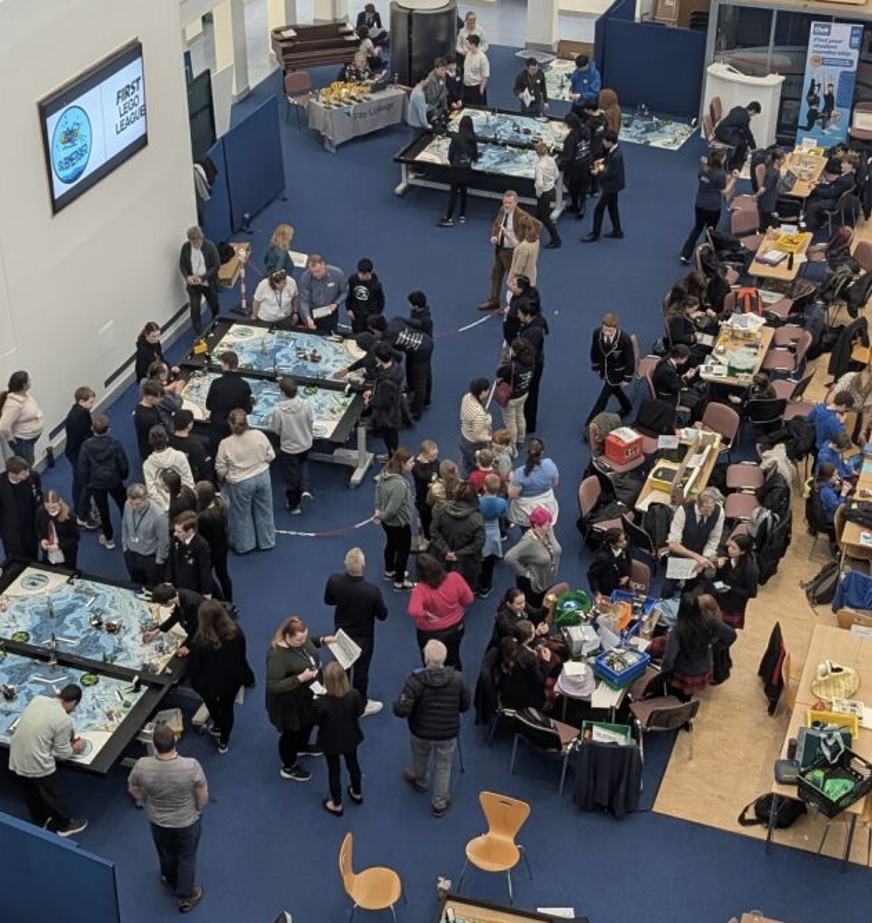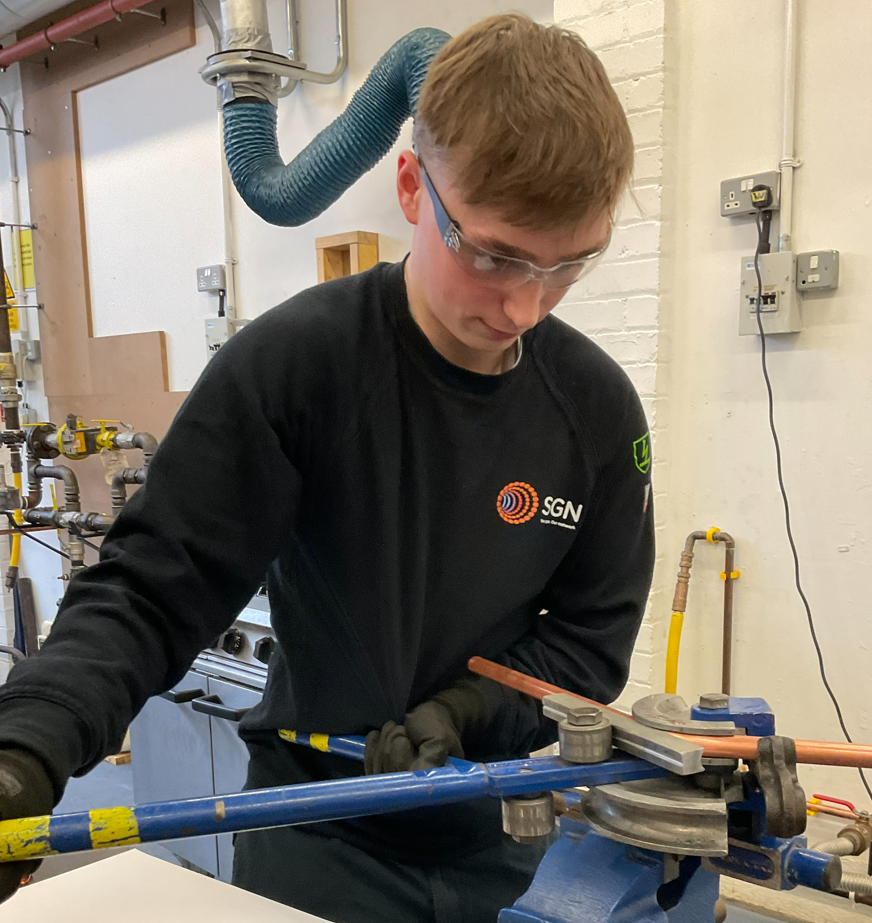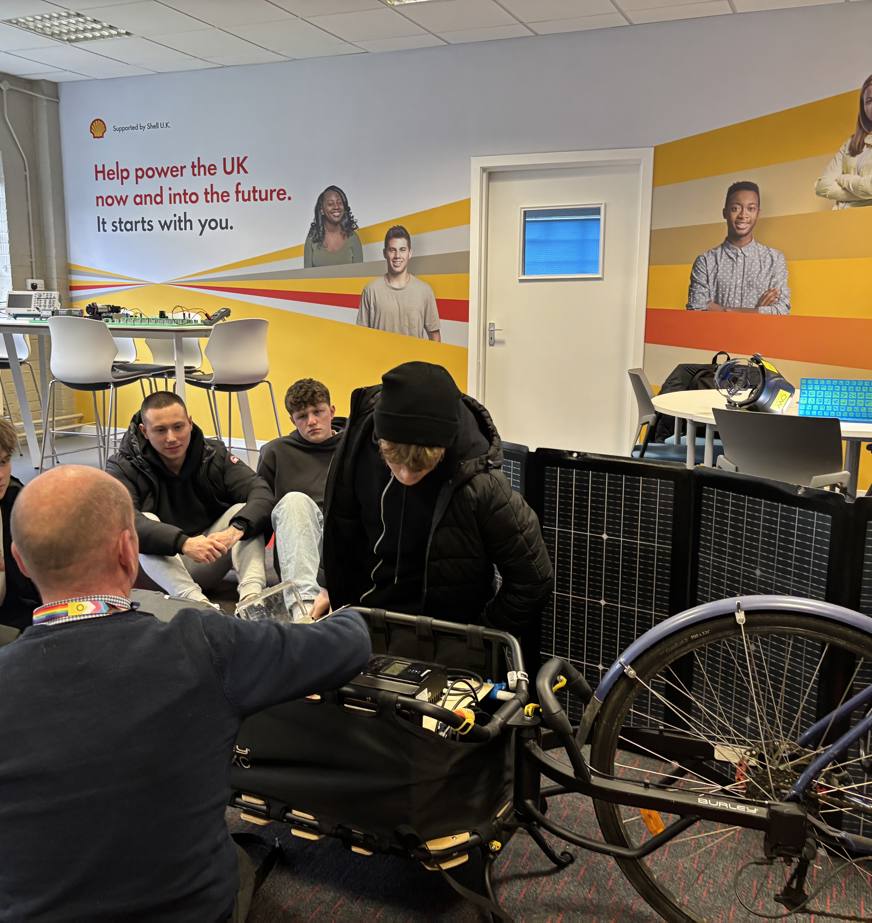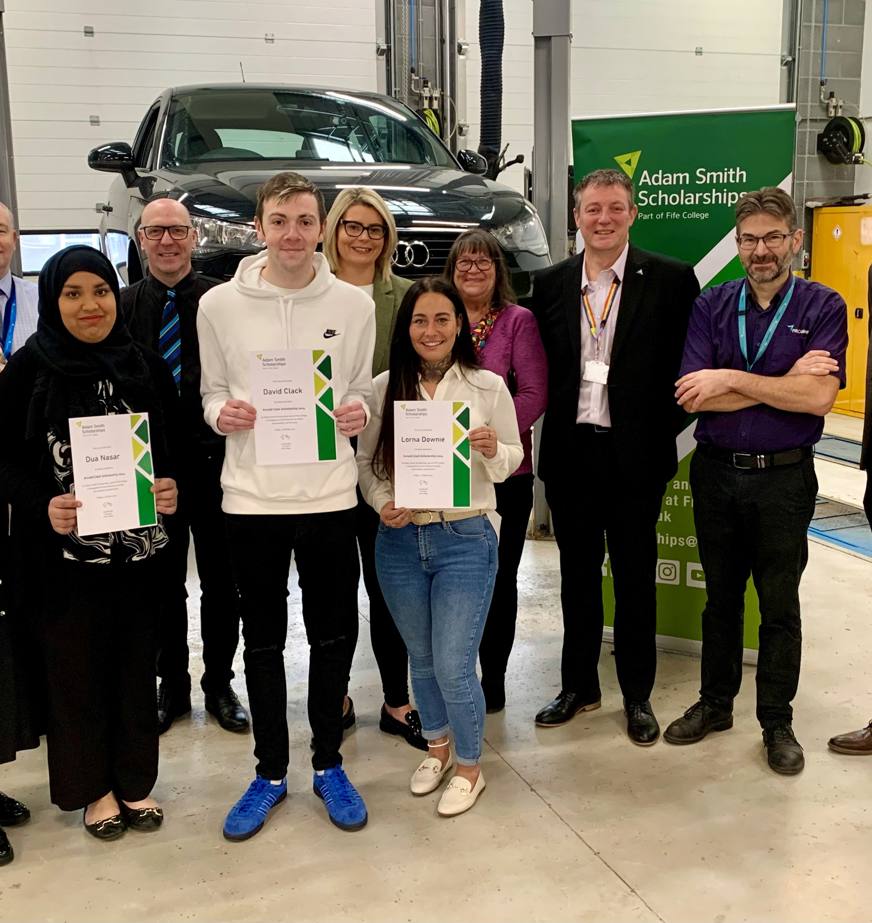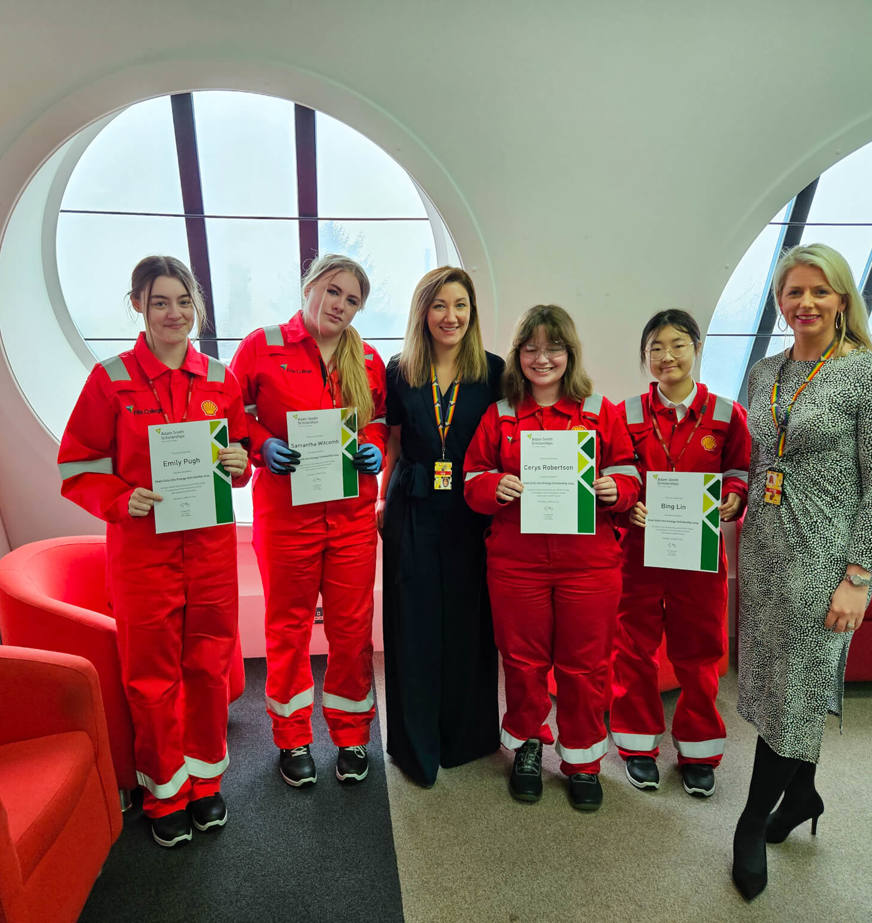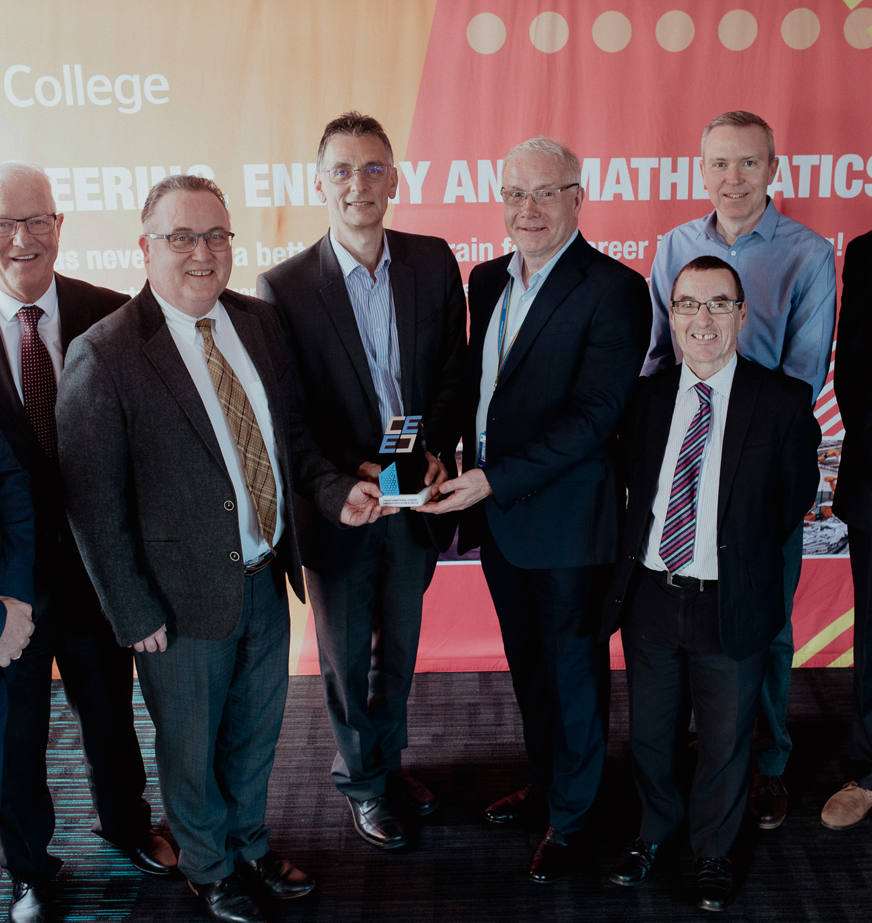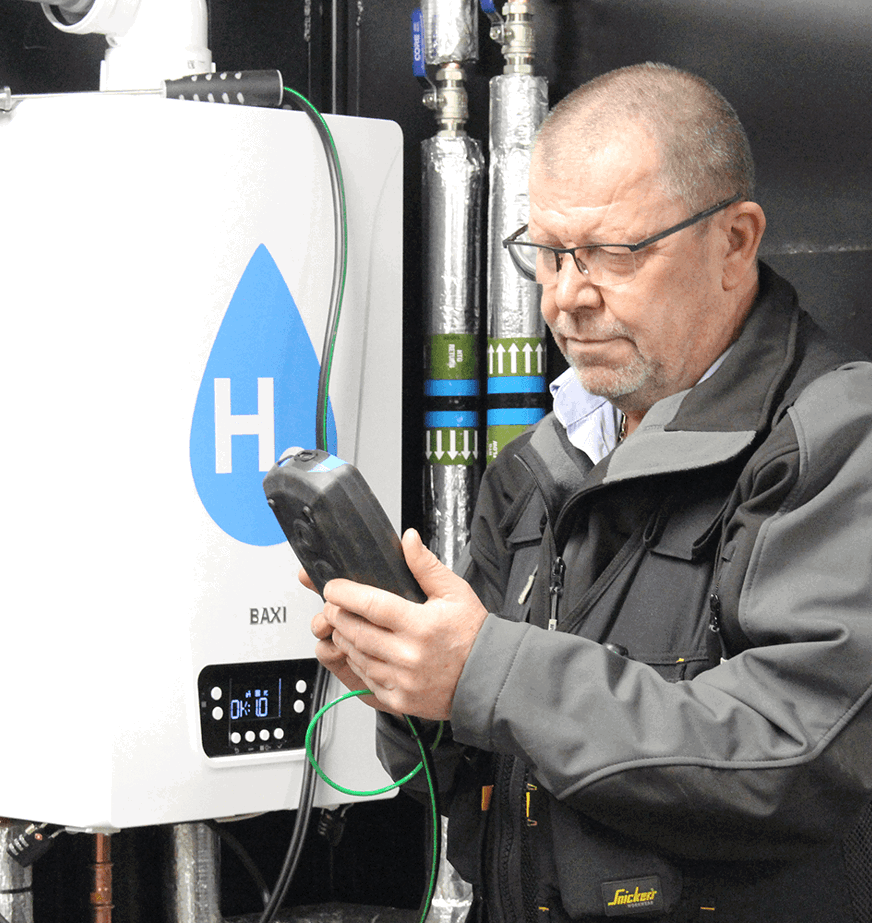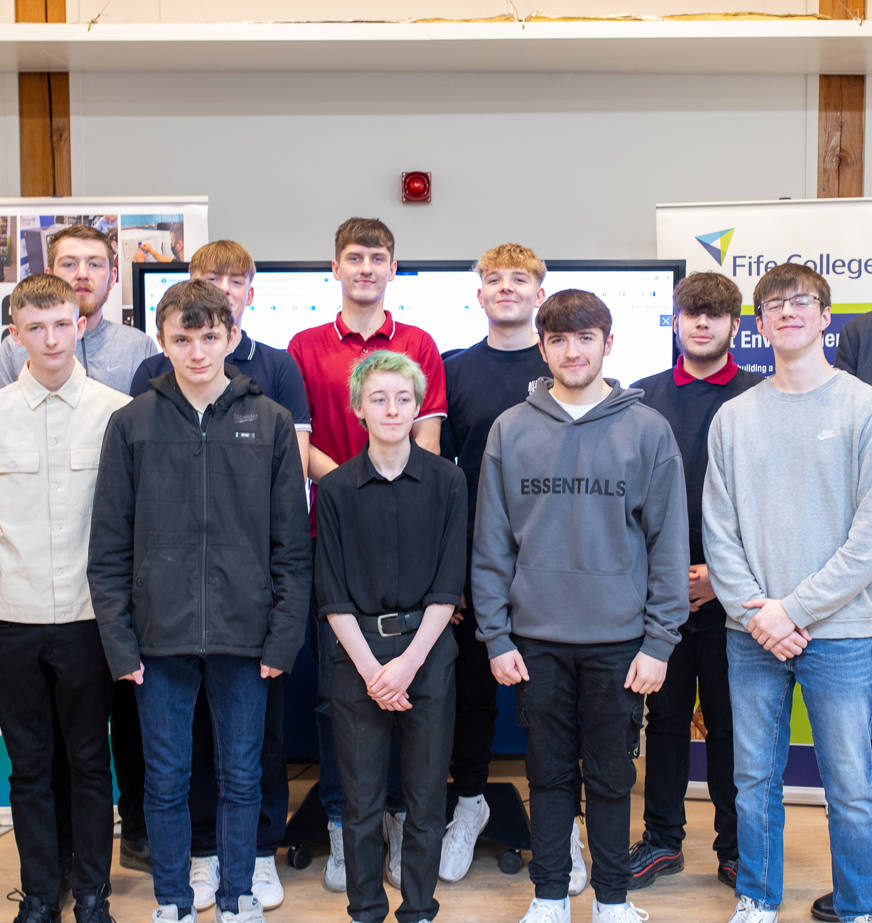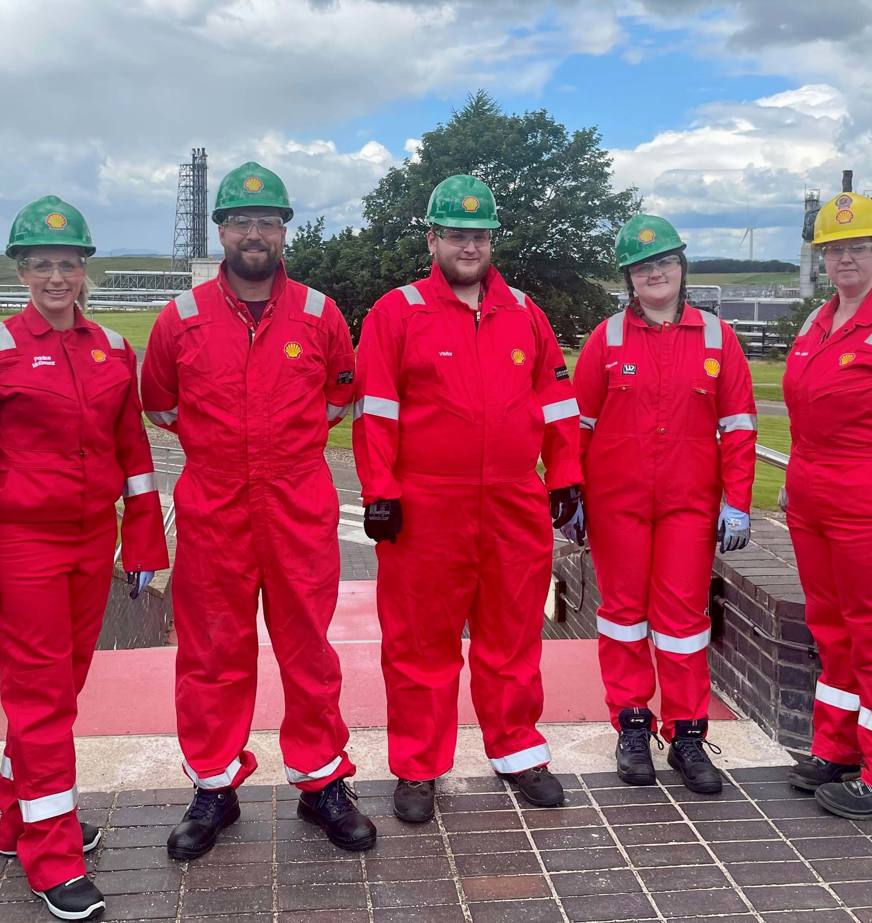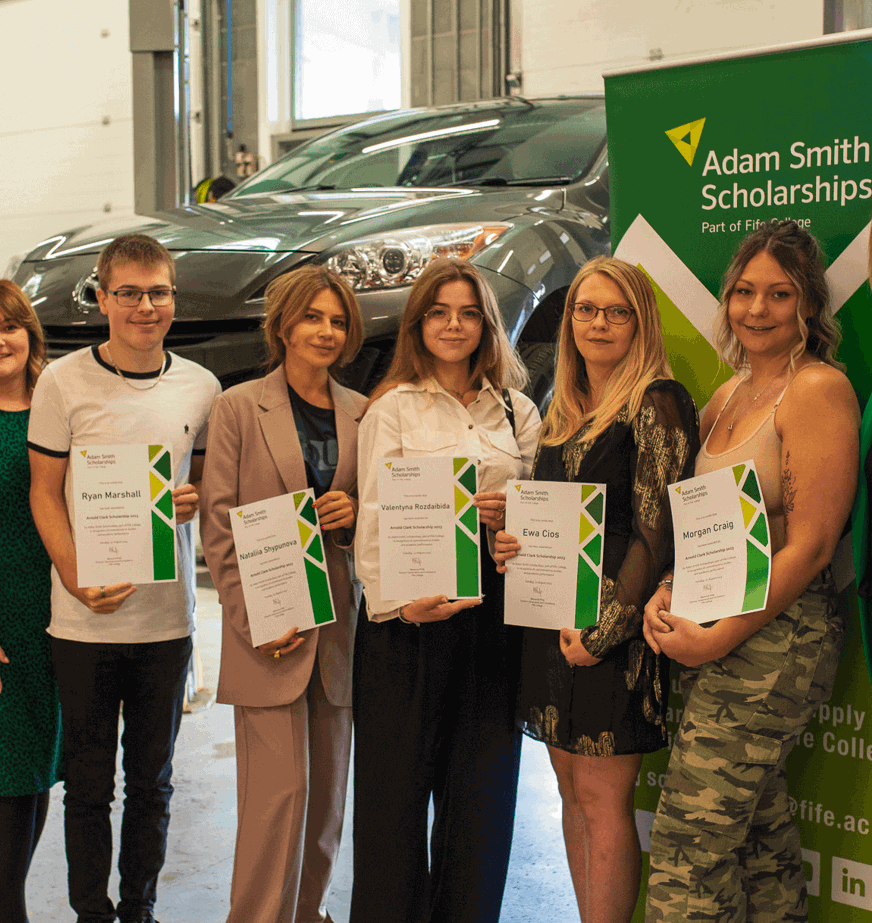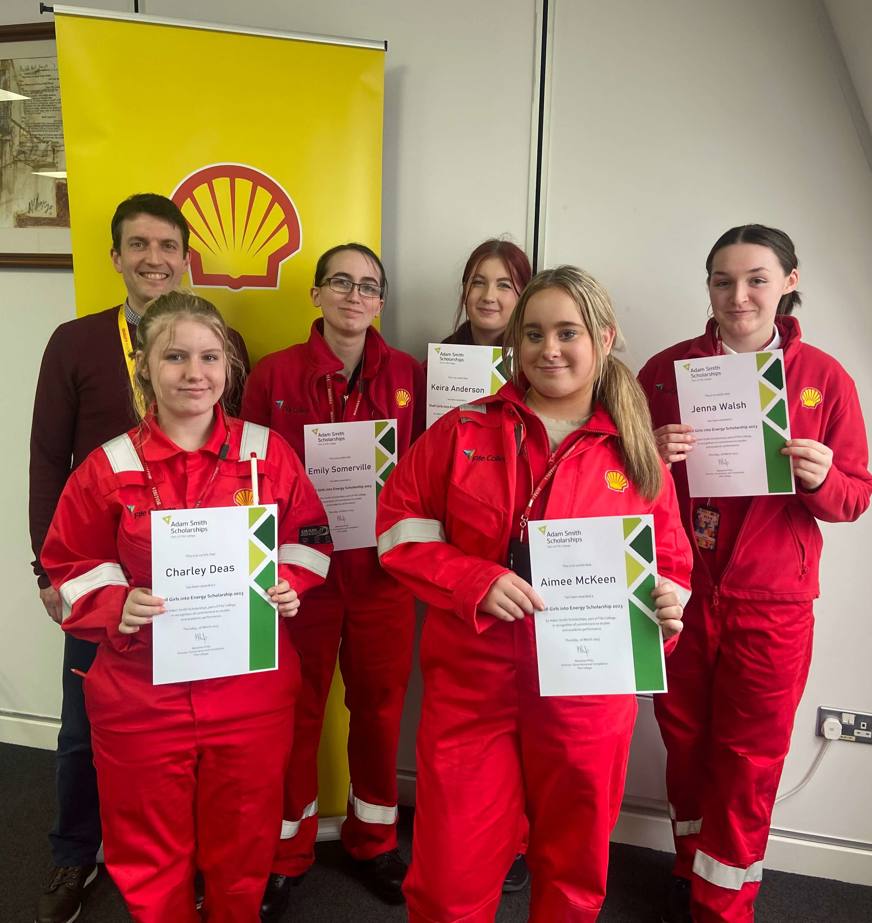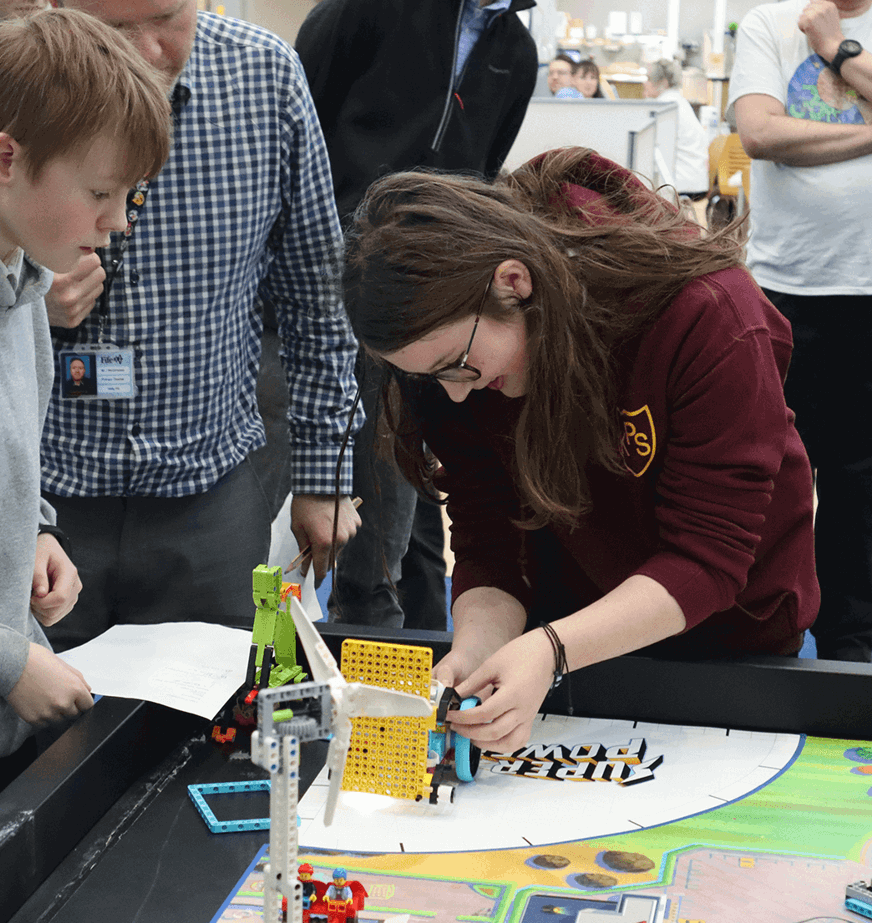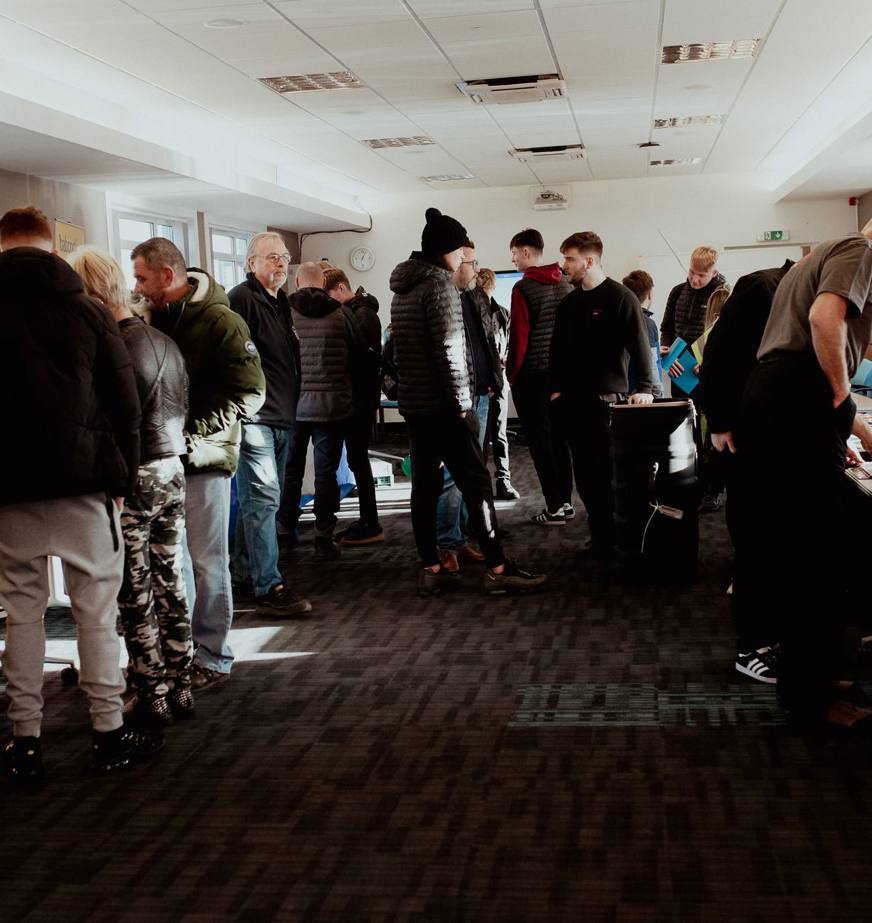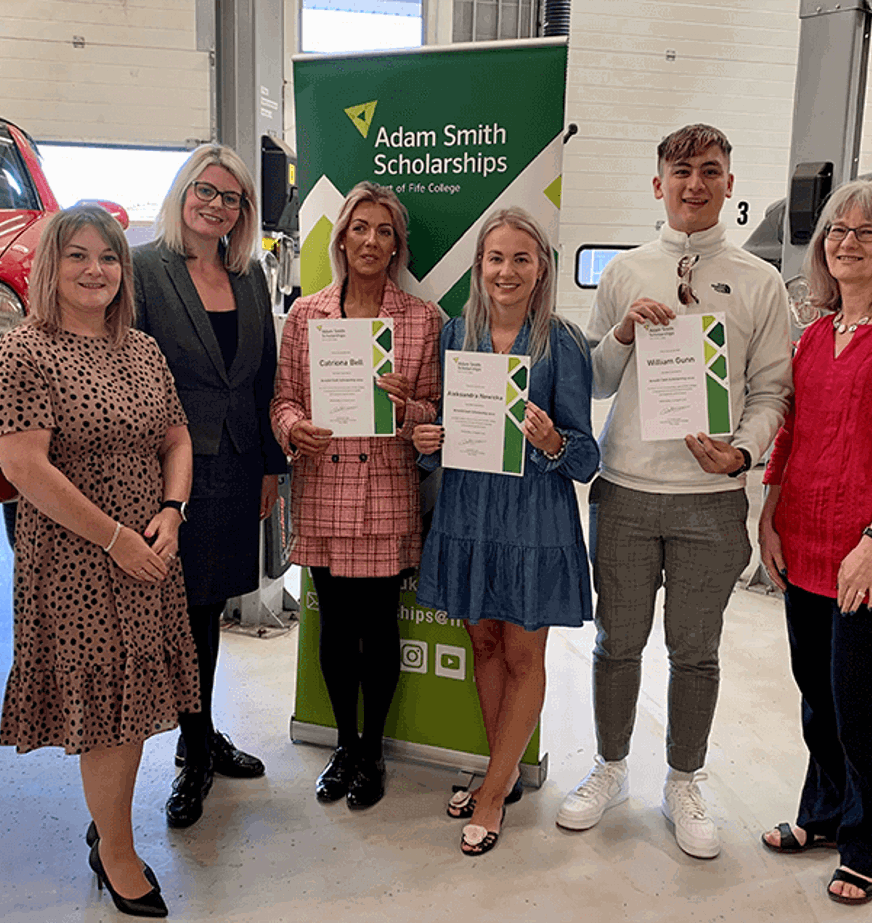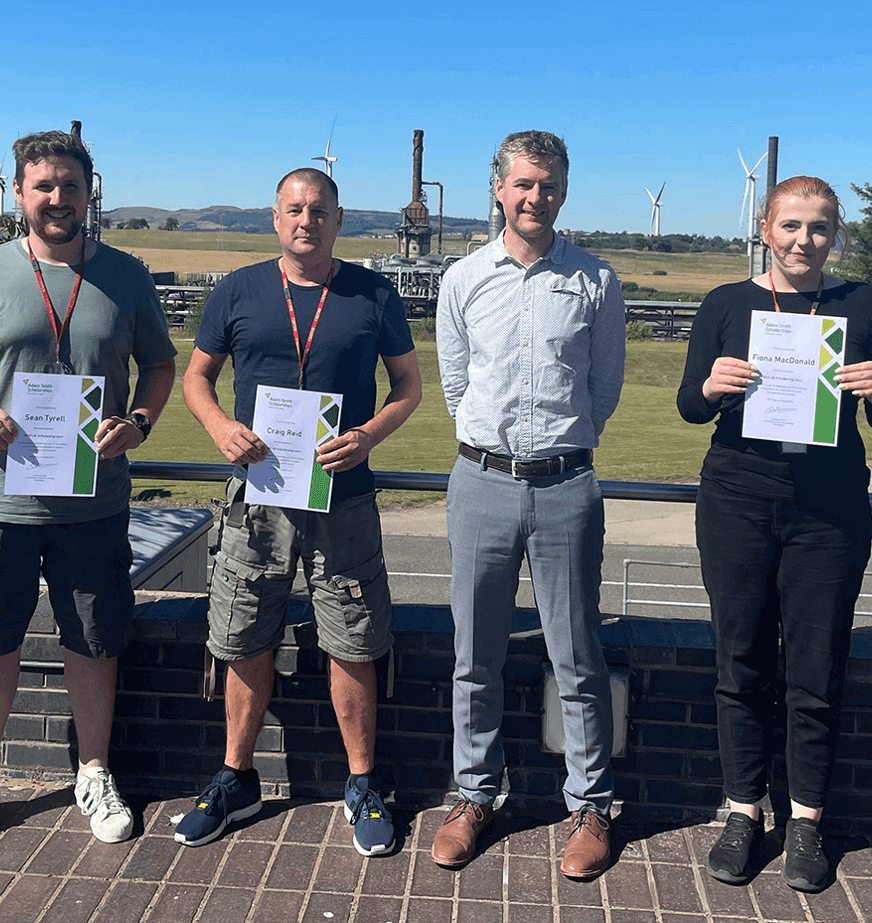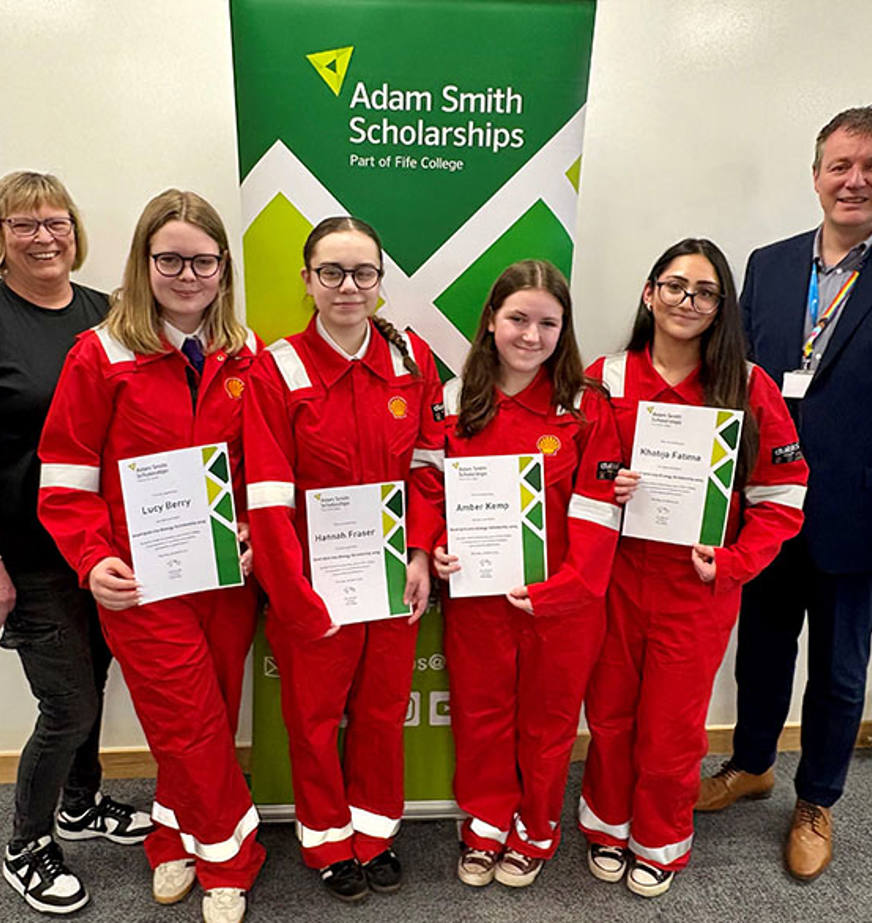
Engineering and Energy
Whether your passion lies in renewable energy, electrical engineering, mechanical engineering, robotics, or advanced wiring techniques, we have a wide variety of courses to suit your interests and career goals.
Our Engineering courses are suitable for every level of study, from basic pre-apprenticeship training or a certificate in engineering, up to HNC and HND level, which could allow you to progress on to an engineering degree at university.
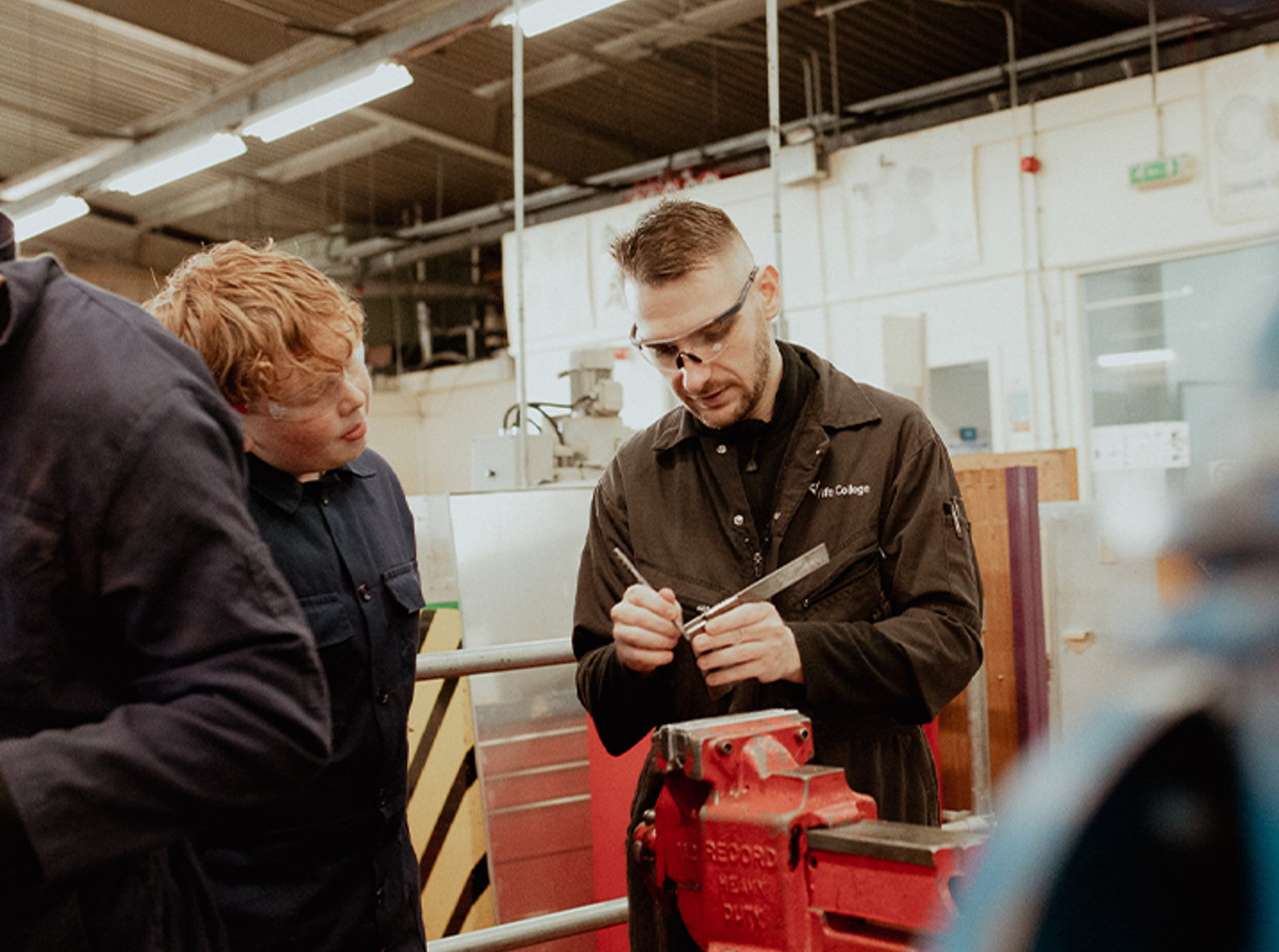
Why choose Engineering and Energy
Studying a course within the fields of engineering and energy provides great job opportunities within many different industries such as renewable energy, pharmaceuticals, digital infrastructure, and automation as well as more traditional fields such as mechanical engineering & fabrication and welding.
From renewable energy, electrical and mechanical engineering to learning about robotics and wiring techniques, we have a lot of different courses to fit your interests and career goals.
These opportunities highlight the broad application and demand for skills developed in our courses, preparing you for a rewarding career in both emerging and established sectors.

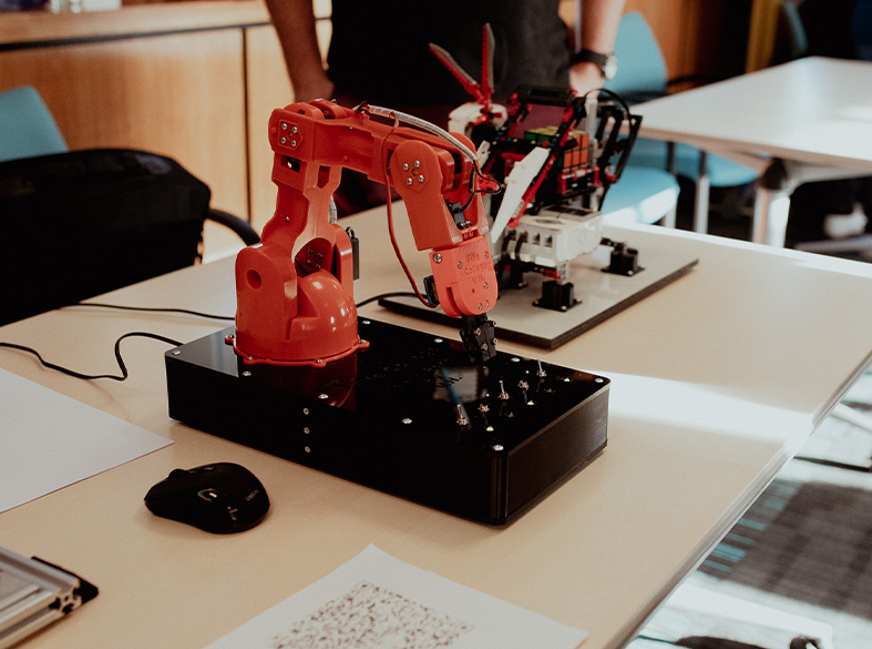
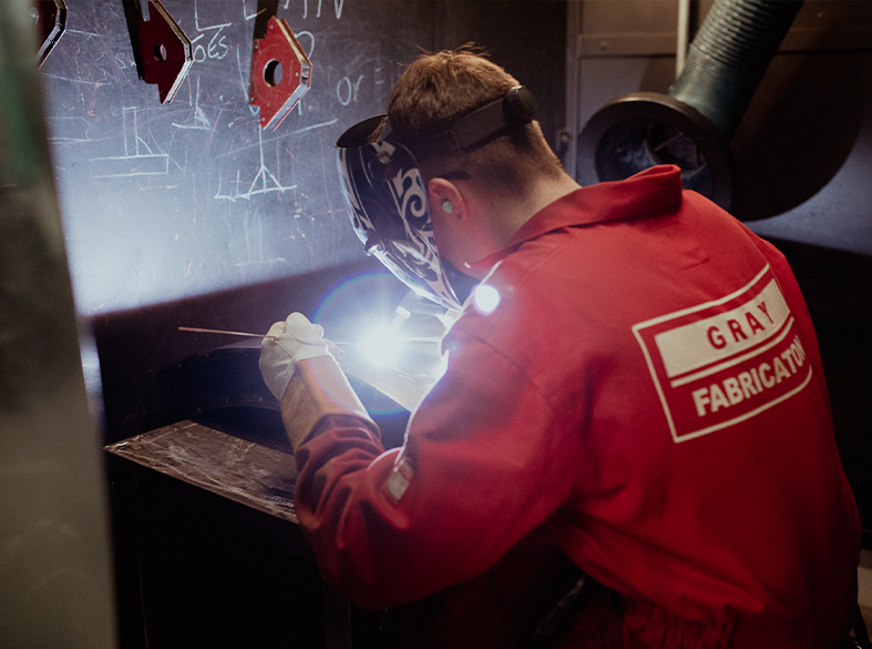

Dylan Reid
National Certificate: Engineering Systems (Renewable Energy)
"The course gave me the practical experience and theoretical knowledge I needed to pursue a career in the renewable energy sector."

Progress to a degree
Our HNC and HND Engineering Courses are the equivalent of the first and second years of an Engineering degree. You can progress to year 3 and 4 of a specific BEng (Hons) degree course at one of our partner universities.
So studying at Fife College can be a more cost-effective, local alternative route to the same degree in Scotland, in the same amount of time!
Find out more about degree pathways.
Latest news from the department

